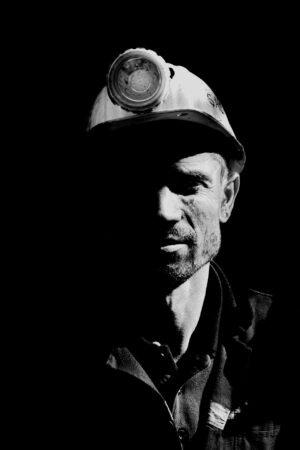On February 18, 1969, a group of miners at the East Gulf Mine in Raleigh County, West Virginia, walked off the job. Their demand? Compensation for black lung disease—a debilitating condition caused by years of inhaling coal dust deep underground.
What started as a small wildcat strike soon spread like wildfire. Miners across the coalfields of southern West Virginia joined in, and before long, 40,000 miners were on strike, refusing to work until they won the rights they deserved.
And they did.
Later that year, West Virginia Governor Arch Moore signed a bill granting compensation to miners suffering from black lung disease. But the impact didn’t stop at the state level. The national attention generated by the strike pushed Congress to pass the Federal Coal Mine Health and Safety Act, providing essential protections and assistance for miners across the country.
A powerful lesson: collective action works.

